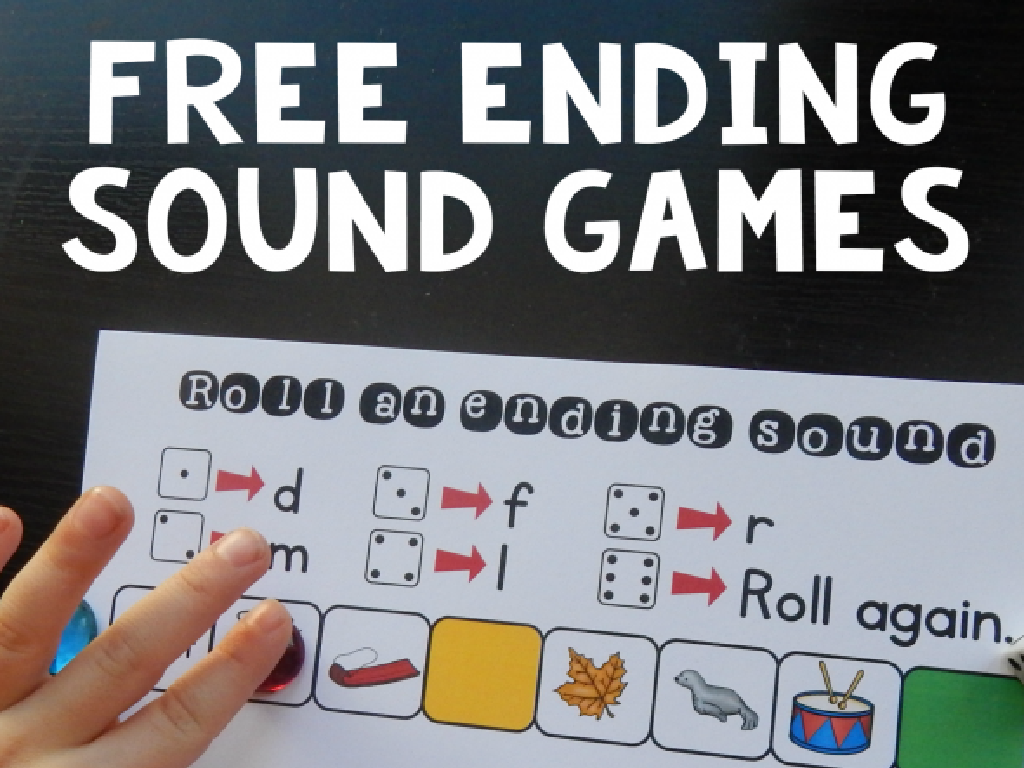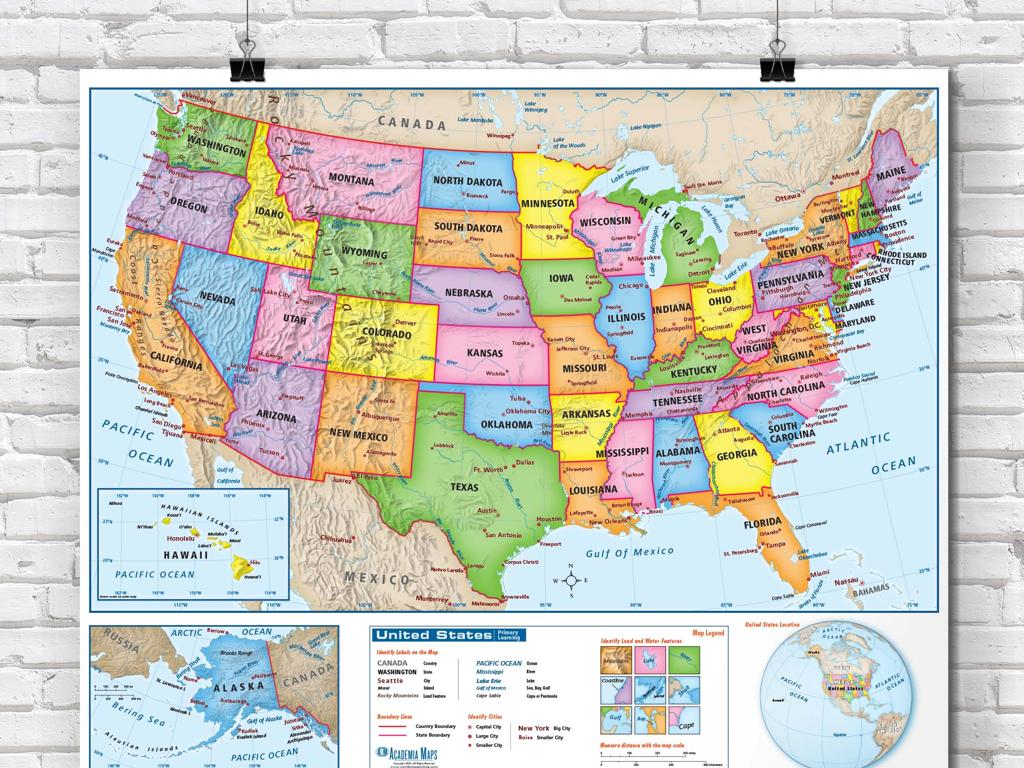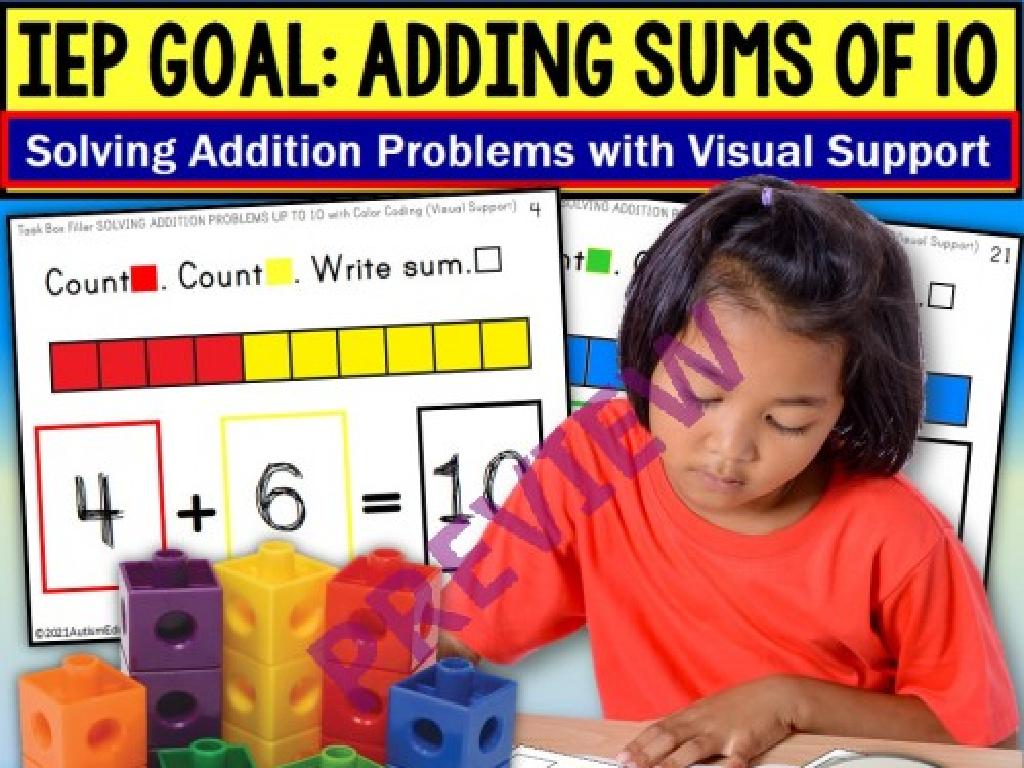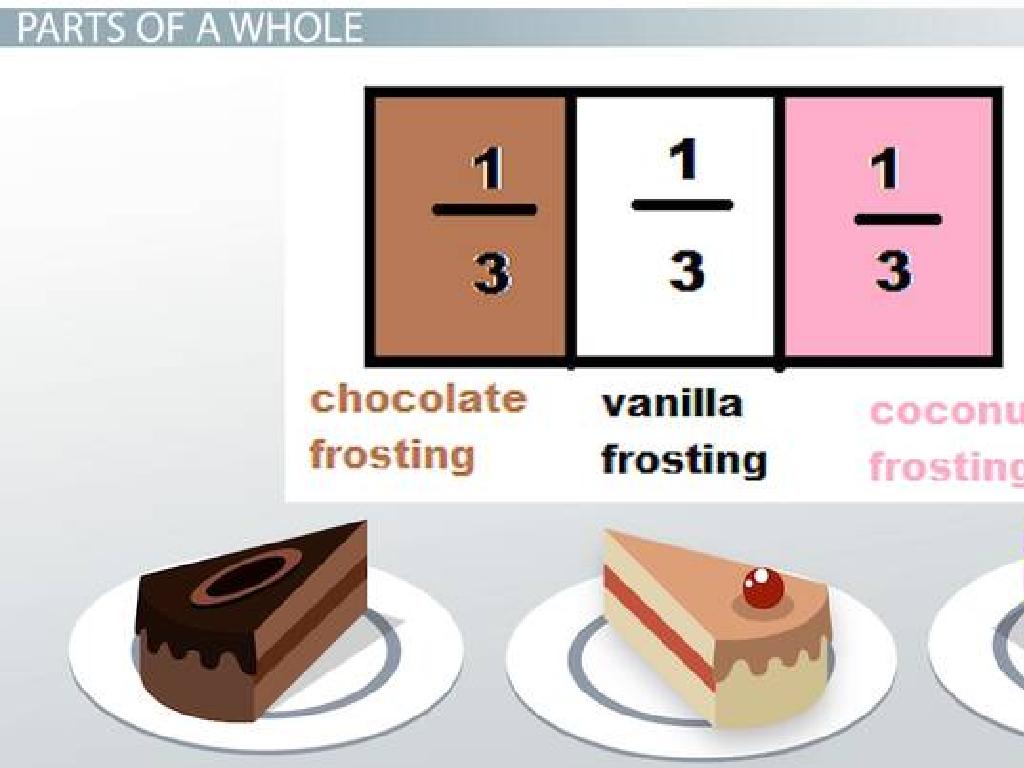Use The Prefixes Pre-, Re-, And Mis-
Subject: Language arts
Grade: Third grade
Topic: Prefixes And Suffixes
Please LOG IN to download the presentation. Access is available to registered users only.
View More Content
Today’s Adventure: Exploring Prefixes!
– What are prefixes?
– Prefixes are added to the start of a word to change its meaning.
– Discover ‘pre-‘
– ‘pre-‘ means before, like in ‘preview’ (view before).
– Learn about ‘re-‘
– ‘re-‘ means again, as in ‘rewrite’ (write again).
– Understand ‘mis-‘
– ‘mis-‘ means wrong, shown in ‘misplace’ (place wrong).
|
This slide introduces the concept of prefixes to third graders, focusing on ‘pre-‘, ‘re-‘, and ‘mis-‘. Begin by explaining that a prefix is a group of letters placed before the root of a word to alter its meaning. Provide examples for each prefix: ‘pre-‘ indicates something occurring before, ‘re-‘ signifies doing something again, and ‘mis-‘ conveys a mistaken action or wrong interpretation. Encourage students to think of other words they know or have heard that might contain these prefixes. Activities can include identifying prefixes in a list of words, using them in sentences, or creating a word wall with new vocabulary.
Exploring Prefixes: pre-, re-, mis-
– What is a prefix?
– A prefix is added to the start of a word
– Prefixes alter word meanings
– Like ‘un’ in unhappy, it changes the word’s meaning
– Example: pre- means ‘before’
– ‘prepay’ means to pay before
– Example: re- means ‘again’
– ‘replay’ means to play again
|
This slide introduces the concept of prefixes to third-grade students, explaining that a prefix is a set of letters placed before a root word to change its meaning. Provide clear examples using the prefixes ‘pre-‘, ‘re-‘, and ‘mis-‘. For instance, ‘pre-‘ can be found in ‘preview’, meaning to view before, while ‘re-‘ can be seen in ‘redo’, meaning to do again. Encourage students to think of other words with these prefixes and discuss how the meaning of the root word changes. This will help them understand how prefixes function and expand their vocabulary.
Exploring the Prefix ‘pre-‘
– ‘pre-‘ means ‘before’ or ‘in advance’
– Examples: preview, preschool
– Combine ‘pre’ with ‘view’ to see before, ‘school’ to attend before kindergarten
– Create your own ‘pre-‘ words
– Use ‘pre-‘ with known words to make new ones
– Share your ‘pre-‘ words with the class
– Practice using new words in sentences
|
This slide introduces the prefix ‘pre-‘ to students, explaining that it means ‘before’ or ‘in advance’. Start by showing examples like ‘preview’ and ‘preschool’ to illustrate how ‘pre-‘ changes the meaning of the base words. Encourage students to think creatively and come up with their own words using the prefix ‘pre-‘. They can pair ‘pre-‘ with familiar words or new vocabulary they’ve recently learned. After they’ve created their words, ask them to share with the class and use them in sentences. This activity will help reinforce their understanding of how prefixes work and expand their vocabulary. It’s also a great opportunity for peer learning as students hear the words their classmates have come up with.
Ready, Set, ‘re-‘: Exploring Prefixes
– ‘re-‘ means ‘again’ or ‘back’
– Examples: redo, rewind
– redo: to do something again, rewind: to wind something back
– Find ‘re-‘ words in a story
– Look for words starting with ‘re-‘ in your favorite book
– Share your ‘re-‘ words with the class
– Think of a word with ‘re-‘, like ‘return’ or ‘review’
|
This slide introduces the prefix ‘re-‘ to the students, explaining its meaning and providing examples. Encourage the students to understand that ‘re-‘ is added to the beginning of a word to indicate repetition or reversal of an action. Provide clear examples such as ‘redo’ and ‘rewind’ to illustrate the concept. Then, ask the students to actively engage with the material by finding ‘re-‘ words in stories they read at home or in class. Finally, create an interactive classroom activity where students can share the words they’ve found and discuss the meanings. This will help reinforce their understanding of the prefix ‘re-‘ and its application in different words.
Understanding the Prefix ‘mis-‘
– ‘mis-‘ means ‘wrongly’
– Examples: mistake, mislead
– Combine ‘mis-‘ with ‘take’ to form ‘mistake’, meaning an error.
– Create sentences with ‘mis-‘
– Think of a time you misunderstood something and write it down.
– Share your ‘mis-‘ sentences!
|
This slide introduces the prefix ‘mis-‘ to the students, explaining that it means ‘wrongly’ or ‘badly’. Provide examples like ‘mistake’ (an error) and ‘mislead’ (to guide someone wrongly). Encourage the students to create their own sentences using words with the prefix ‘mis-‘. This activity will help them understand how the prefix changes the meaning of the root word. In the next class, ask the students to share their sentences and discuss the meanings. This will reinforce their understanding of the prefix ‘mis-‘ and how it is used in different words.
Prefix Practice: Building New Words
– Match prefixes to root words
– What word do we get when we add ‘re-‘ to ‘play’?
– Create words with pre-, re-, mis-
– Try ‘pre-‘ with ‘view’, ‘re-‘ with ‘read’, ‘mis-‘ with ‘take’
– Share your new creations
– Tell us your words and how you made them
|
This activity slide is aimed at helping students understand and practice using the prefixes pre-, re-, and mis-. Start by explaining what prefixes are and how they change the meaning of root words. Then, have students match given prefixes to appropriate root words. Encourage them to create new words by adding prefixes to root words and understand the new meanings. For example, ‘preview’ means to view before, ‘reread’ means to read again, and ‘mistake’ means to take the wrong action. Have students share their new words with the class to reinforce their learning. This will help them grasp the concept of prefixes and how they can alter word meanings.
Prefixes in Action: Changing Meanings
– Comic strip storytelling
– See how adding prefixes to words in a comic strip can alter the story.
– Spot the prefix words
– Look for ‘pre-‘, ‘re-‘, and ‘mis-‘ in the comic and the words they’re attached to.
– Discuss prefix meanings
– Talk about how ‘pre-‘, ‘re-‘, and ‘mis-‘ modify the words they precede.
– Understand word transformation
– Learn how prefixes transform the original meaning of words to tell a different story.
|
This slide is designed to engage third-grade students in understanding prefixes through the fun activity of reading a comic strip. By identifying and discussing prefixes within the context of a story, students can see the direct impact these word parts have on meaning. For example, ‘view’ becomes ‘preview’, ‘play’ turns into ‘replay’, and ‘take’ can change to ‘mistake’. This interactive approach helps students grasp the concept that prefixes modify the meaning of base words. Encourage students to create their own comic strips using prefix words to reinforce their learning.
Class Activity: Prefix Hunt
– Let’s go on a Prefix Hunt!
– Find items with pre-, re-, mis-
– Look for items like ‘pretest’, ‘recycle’, ‘mismatch’
– Write down your prefix words
– We’ll review the words together
|
This activity is designed to help students recognize and understand the use of common prefixes in everyday language. Encourage the students to search around the classroom for objects or items that have names starting with the prefixes ‘pre-‘, ‘re-‘, and ‘mis-‘. They can work individually or in small groups to make a list of the words they find. After the hunt, gather the class and discuss the words they discovered, emphasizing the meaning of the prefixes and how they change the base word. Possible items could include ‘pretest’ for ‘pre-‘, ‘recycle’ for ‘re-‘, and ‘mismatch’ for ‘mis-‘. This will help reinforce their understanding of prefixes and how they are used to form new words.
Prefixes Wrap-Up & Review
– Recap on prefixes pre-, re-, mis-
– Prefixes add meaning to base words, e.g., ‘prepay’ means pay before.
– Importance of prefixes in words
– They help us figure out the meaning of new words.
– Review our Prefix Hunt activity
– Look back at the words we found using these prefixes.
– Share what we’ve learned
– Discuss and display our prefix discoveries.
|
This slide is meant to consolidate the students’ understanding of the prefixes pre-, re-, and mis-. Start by asking the students to recall what prefixes are and how they change the meanings of words. Emphasize the importance of prefixes in expanding vocabulary and understanding the context of words. Review the ‘Prefix Hunt’ activity by having students share the words they found and explain how the prefixes altered the meanings. Encourage participation and praise their efforts to foster a positive learning environment. This review will help reinforce the day’s lessons and prepare them for future vocabulary challenges.
Homework Challenge: Prefix Hunt
– Find words with ‘pre-‘, ‘re-‘, ‘mis-‘
– Look for words like ‘preview’, ‘redo’, ‘mismatch’
– Write a sentence for each word
– Use each word in its own special sentence
– Show how the prefix changes the meaning
– How does ‘pre-‘, ‘re-‘, or ‘mis-‘ affect the word?
– Share your sentences in class
|
This homework activity is designed to help students recognize and understand the use of prefixes in words. By finding words with the prefixes ‘pre-‘, ‘re-‘, and ‘mis-‘, students will explore how these prefixes alter the meanings of the base words. Writing sentences will provide context and demonstrate comprehension. Encourage creativity and use of a dictionary if needed. In the next class, students will have the opportunity to share their sentences, fostering a collaborative learning environment where they can learn from each other’s examples.






